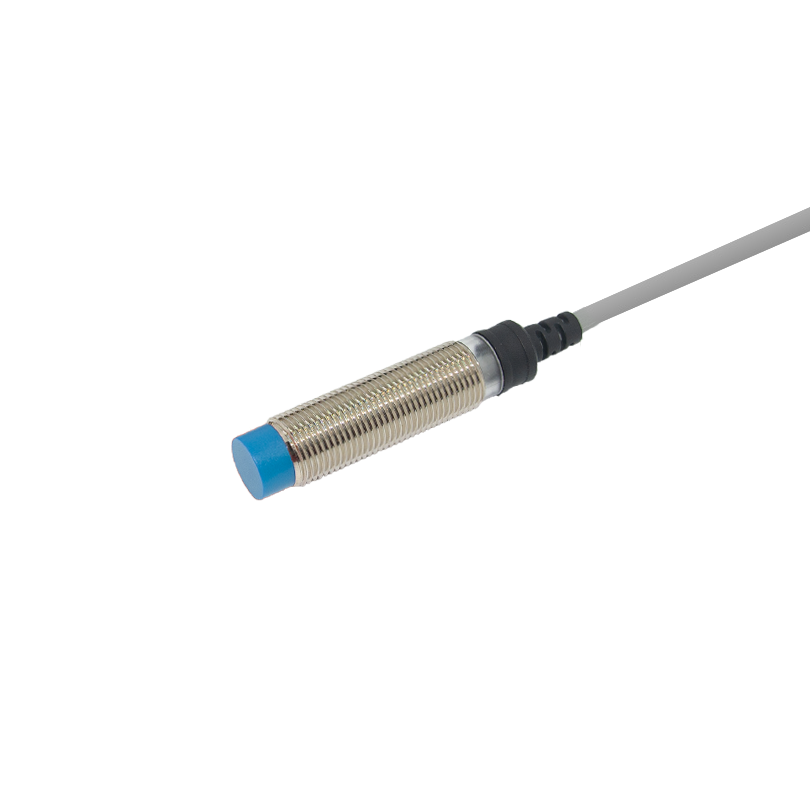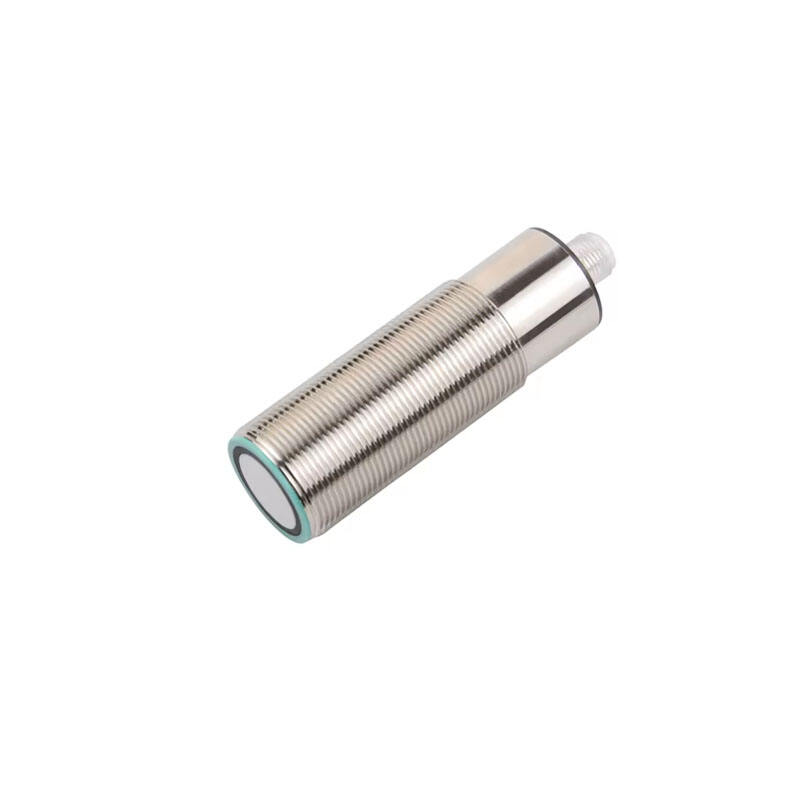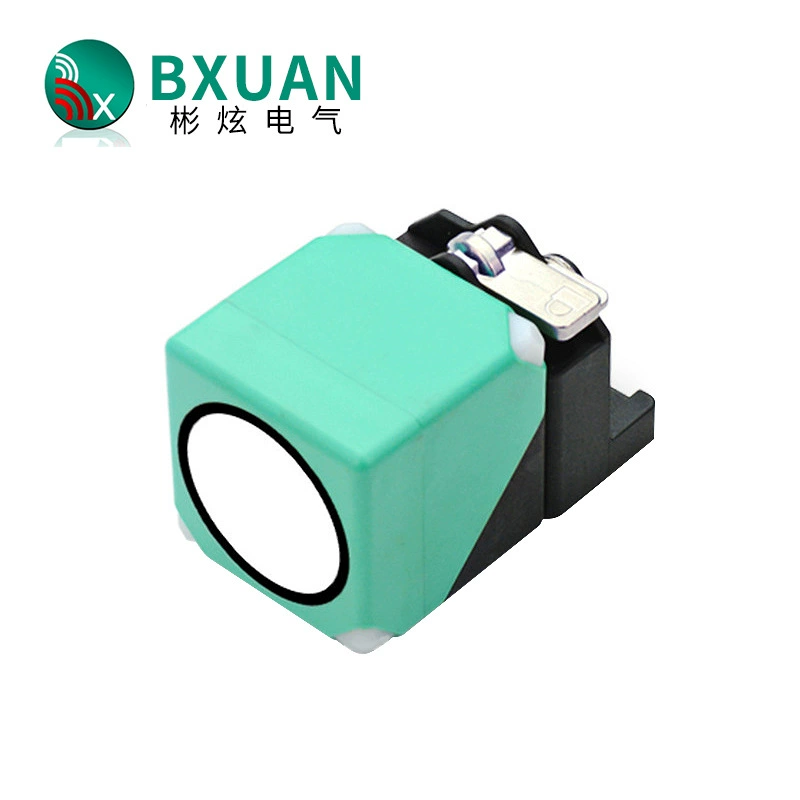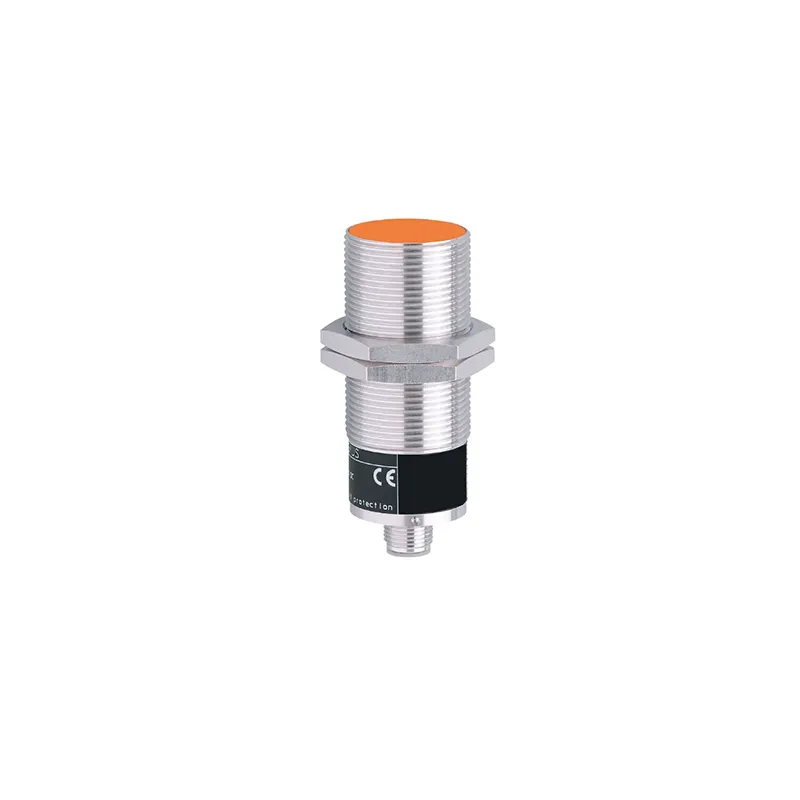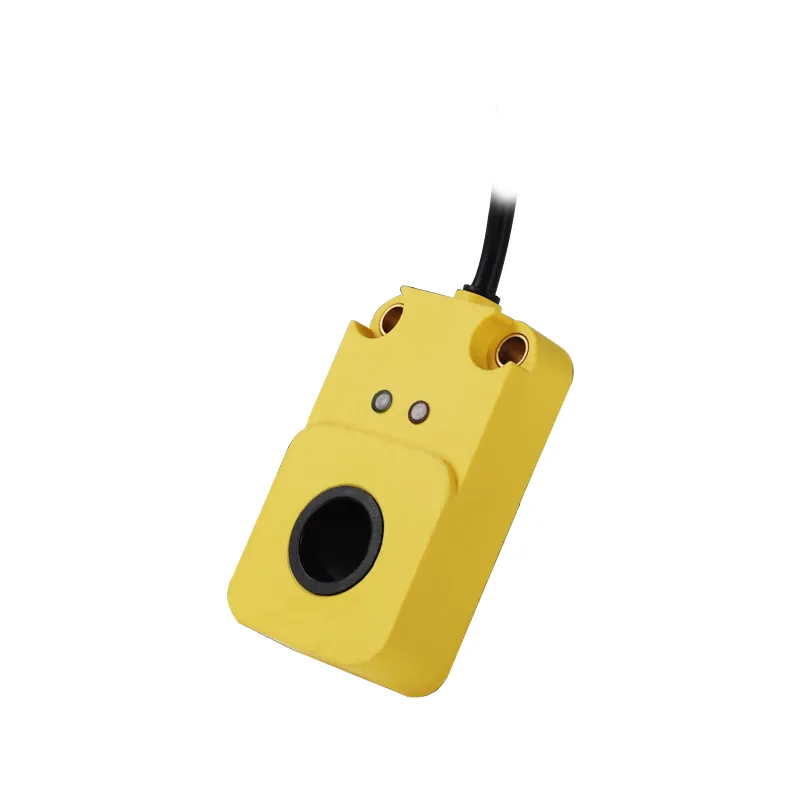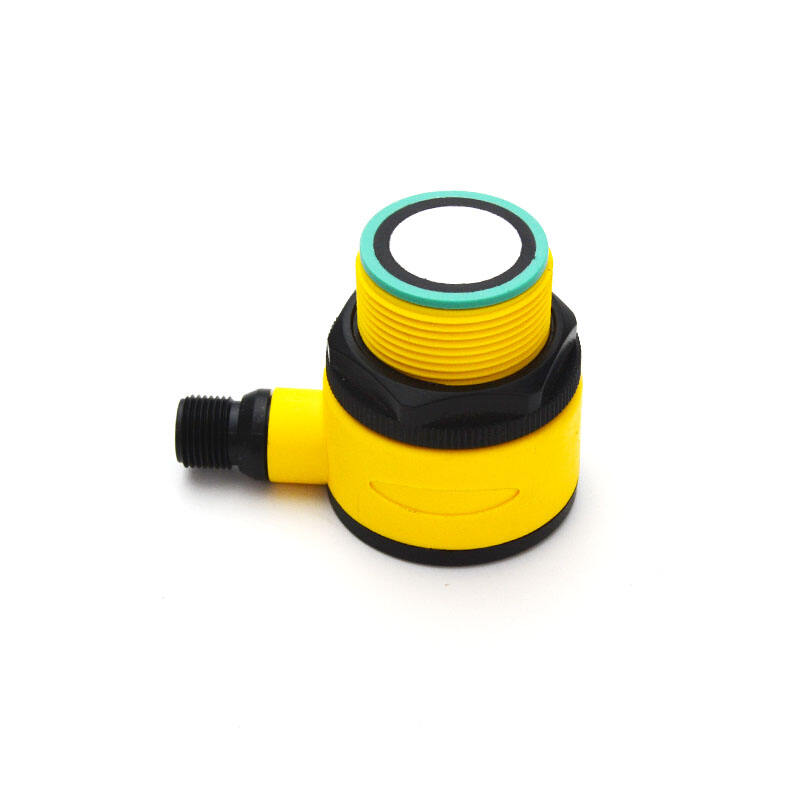βιομηχανικός αισθητήρας πλησιάζοντος
Οι βιομηχανικοί αισθητήρες πλησιότητας είναι εξελιγμένες συσκευές ανίχνευσης που μετατρέπουν τις αυτοματοποιημένες διαδικασίες παραγωγής, παρέχοντας ανίχνευση αντικειμένων χωρίς επαφή. Οι αισθητήρες αυτοί εκπέμπουν ηλεκτρομαγνητικά πεδία ή δέσμες και ανιχνεύουν αλλαγές όταν αντικείμενα εισέρχονται στη ζώνη ανίχνευσης. Λειτουργώντας με διάφορες τεχνολογίες, όπως επαγωγικές, χωρητικές, φωτοηλεκτρικές και υπερηχητικές μεθόδους, παρέχουν αξιόπιστη ανίχνευση αντικειμένων χωρίς φυσική επαφή. Οι επαγωγικοί αισθητήρες ξεχωρίζουν στην ανίχνευση μεταλλικών αντικειμένων, ενώ οι χωρητικοί αισθητήρες μπορούν να ανιχνεύσουν τόσο μεταλλικά όσο και μη μεταλλικά υλικά. Οι φωτοηλεκτρικοί αισθητήρες χρησιμοποιούν δέσμες φωτός για ανίχνευση μεγαλύτερης εμβέλειας, ενώ οι υπερηχητικοί αισθητήρες χρησιμοποιούν ηχητικά κύματα για ακριβή μέτρηση αποστάσεων. Οι αισθητήρες αυτοί σχεδιάζονται για να αντέχουν σε σκληρά βιομηχανικά περιβάλλοντα, διαθέτοντας ανθεκτικά περιβλήματα που τους προστατεύουν από σκόνη, υγρασία και ακραίες θερμοκρασίες. Η ικανότητά τους να λειτουργούν συνεχώς με ελάχιστη συντήρηση τους καθιστά απαραίτητους σε σύγχρονα περιβάλλοντα παραγωγής. Παρέχουν ζωτικής σημασίας ανατροφοδότηση για τον έλεγχο ποιότητας, τη συντονισμένη λειτουργία της γραμμής συναρμολόγησης και τα συστήματα ασφαλείας. Ενσωματώνονται ομαλά με PLCs και άλλα συστήματα ελέγχου, επιτρέποντας παρακολούθηση σε πραγματικό χρόνο και αυτόματες αντιδράσεις σε ανιχνευμένα αντικείμενα. Η συμπαγής τους σχεδίαση επιτρέπει εύκαμπτη εγκατάσταση σε χώρους με περιορισμένο χώρο, ενώ οι γρήγοροι χρόνοι αντίδρασης διασφαλίζουν αποτελεσματικές διαδικασίες παραγωγής.

